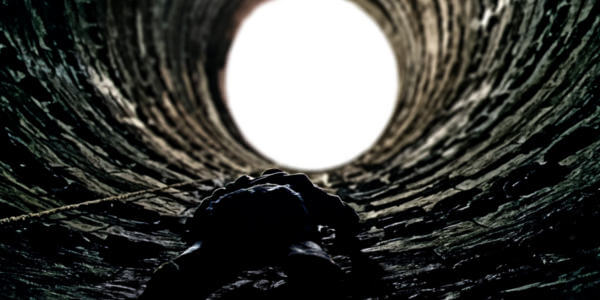Chapter 7 bankruptcy can be a debtor’s last resort to get his/her financial life back in order. However, even after getting a discharge, you, the debtor, may be financially obligated to repay some of your debts. Check out what happens to your secured and unsecured debts when you file Chapter 7 bankruptcy.
Read more - Chapter 7 bankruptcy – Discharge your debts legally
Chapter 7 filing - What happens to your secured debt
A secured debt can be defined as a type of debt, which is secured by a property. For example, a mortgage loan. If you default on the loan, the creditor can sell the property to recover the unpaid amount.
Can you keep your home if you’re current on your home loan?
Most of the Chapter 7 filers can keep their homes if they’re current on their mortgage loan. However, in certain cases, if there’s sufficient equity in the property, then the trustee can sell it to repay the unsecured creditors. But, if you’re behind on your home loan payments, then there’s a chance that you’ll lose your house in foreclosure, outside of the bankruptcy process, even if the trustee doesn’t sell your property as part of the bankruptcy.
If you don’t have enough equity on the property, then you can keep your home. In this case, the bankruptcy trustee will not initiate the process to sell your home because there won’t be any money to distribute to your unsecured creditors.
In some states, a homeowner can keep a certain amount of equity in his/her home, which is referred to as homestead exemption. However, the exemption amount also varies from one state to another. If, in your state, all of the equity in your property is exempt, then the bankruptcy trustee cannot use it to pay back your unsecured creditors. So, you can keep your property as long as you’re current on the home loan.
Chapter 7 filing - What happens to your unsecured debt
For most of the Chapter 7 bankruptcy filers, the primary reason for filing is credit card debt. No collateral is attached to an unsecured debt. So, the creditors can’t take any property to satisfy the unpaid amount. However, they can file a lawsuit and win a judgment against you to initiate the collection proceedings.
Read more: Other reasons that compel people to file Chapter 7 bankruptcy.
Like most other unsecured obligations, credit card debts are also nonpriority claims. And, most of the Chapter 7 bankruptcies are “no asset cases”, which means that there’s no property which can be liquidated in order to pay the unsecured creditors. If there’s any asset, then the money raised from it is paid to the unsecured creditors in order of priority. The payments are distributed on a pro rata basis. It means that each unsecured creditor receives the same percentage of its claim.
There are certain exceptions. If you have incurred credit card debt through false misinterpretations, actual fraud or false pretenses, then these debts are considered to be nondischargeable debts. That is, you’ll be obligated to repay the debt even after getting a bankruptcy discharge.
Here are 2 circumstances which are regarded as credit card fraud by the bankruptcy court:
- Cash advance - It will be a nondischargeable debt if you use your credit card to take out more than $925 as cash advance within 70 days of filing bankruptcy, irrespective of how you use the money.
- Luxury goods - If you use a single credit card to purchase more than $650 luxury goods within 90 days of filing bankruptcy, then it’ll be regarded as a nondischargeable debt.
If the creditors want, they can challenge the dischargeability. However, they must file a complaint within 60 days of the first meeting with debtors.
- Child support - You will have to repay the debt associated with child support and alimony obligations as if you haven’t filed a Chapter 7.
- Student loans - Student loans, usually, cannot be discharged through bankruptcy unless you qualify the Brunner test by meeting its eligibility criteria. Read more - Student loan: Is it possible to discharge via bankruptcy?
- Tax debt - Tax debts are usually nondischargeable. However, you can get discharge from federal income tax debt, under the following conditions:
- The debt is at least 3 years old
- You haven’t filed a fraudulent tax return
- You’ve filed a tax return for the debt at least 2 years prior to filing bankruptcy
- Either the debt has been assessed by the IRS at least 240 days prior to filing bankruptcy petition or hasn’t been assessed yet
A debt, which doesn’t fall under the nondischargeable category, can be wiped out at the end of the Chapter 7 bankruptcy case, thus enabling you to make a fresh financial start.
Don’t miss out - Chapter 7 bankruptcy discharge: What liens can it quash and how









